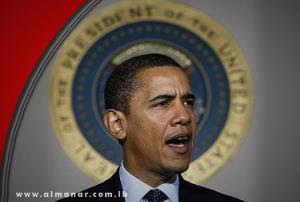Following an analysis of the tactics employed by the British Broadcasting Corporation's Persian-language channel, the Institute for Political Studies in Iran's Parliament Research Center tipped off the government about its critical approach toward such channels.Iran has claimed the channel is attempting to recruit Iranians for "espionage and psychological warfare".
"The public is concerned that the establishment of BBC Persian is in line with the intervening and opportunist policies of the British government in domestic affairs of the Islamic Republic of Iran," said an Iranian official before the launch of the channel in October.The report given by the institute proposed that launching such networks would be a large step in undertaking "soft overthrow projects", stating that BBC Persian is more subtle in this endeavor than the US-backed VOA.
The report went on to discuss the recent advances in global technology throughout the world today including the wide prominence of the Internet usage among Iran's youth "in an effort to caution the Iranian government."
"In today's world, a full-scale media war is taking place between Iran and the West," read the report.The report urged the Islamic Republic to use this opportunity to fight "foreign movements aimed at toppling the government."
Pointing to countless Internet websites and web proxies, the report said, "Preventing the establishment of satellite channels is not an effective method to break the Iranian audience's connection with such media."The Majlis report called for "the launch of rival channels and incorporation of as much information content as possible" to neutralize the effect of anti-Islamic Republic media.
"The government should not conceive NGO's and Persian-language channels as a threat."The report put forward a proposal to the Iranian government to grant such channels as BBC Persian the permission to work in Iran, within the guidelines of the country's constitution.
The institute further demanded the government maintains vigilance in an effort to prevent the cited media from carrying out their "soft toppling projects" in the country.






















